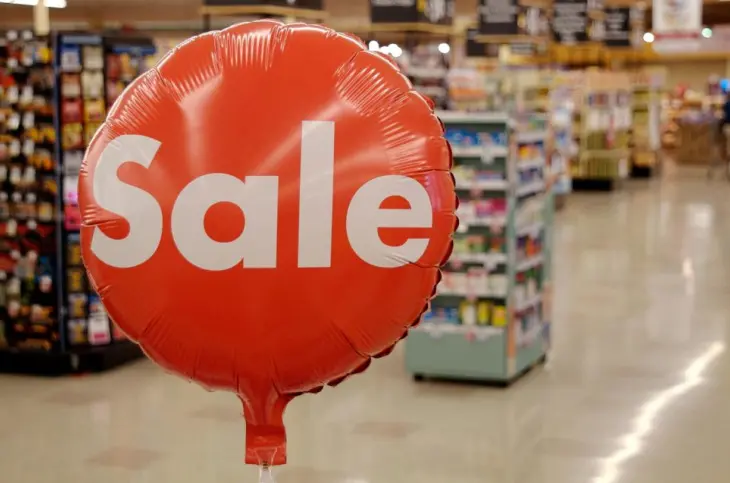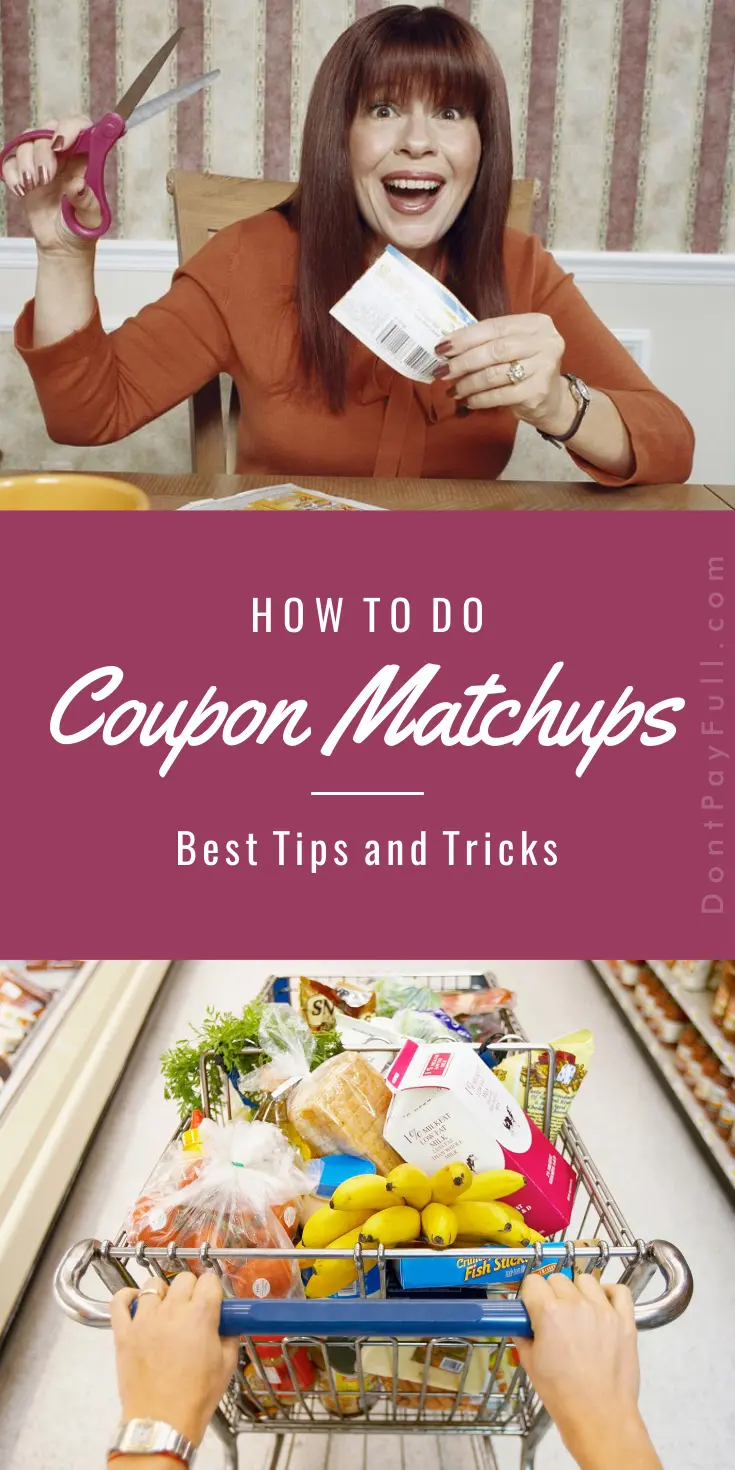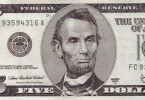We’ve already seen that using coupons can save you a ton of money, but coupon matchups are a couponing insider technique that will turn good saving into even better deals. Here’s the sneaky secret that few people are aware of: matching coupons to special offers to boost your savings significantly.
Here’s a simple example. A product usually costs $2.00. On sale, it has been marked down to $1.00. You have a $1.00 coupon that you collected earlier, and it’s still valid. How much will your product cost at the checkout? $0.00! If it’s a 50c off coupon and the store is willing to double it, you get the same effect.
While you probably won’t be able to get free stuff all that often, it’s entirely possible to do so, and even if you don’t achieve this small triumph, you’ll certainly be getting the items on your shopping list for much less than even the sale price. Be the smartest shopper in the store!
Get to Know the Stores Where You’ll Redeem Coupons
Before you begin your hunt for coupon match ups, check the coupon policies of the stores where you like to do your shopping.
That way, you’ll know which coupons they are willing to honor and whether you can get coupons doubled or even tripled for super-savings. You can save these coupon policies in your coupon organizer for easy reference as you plan your deep-discount raid on the shops. Now, you’re ready to get started with coupon matchups. Here’s what you’ll do.
1. Find out What’s on Sale
Apart from checking supplements in local newspapers, you can find out what’s on sale price or special offer by signing up for newsletters or by visiting the store’s website. This is valuable information because once you match coupons to a special offer, your savings are substantially increased.
Make a list of the sale price and buy-one-get-one offers, or simply mark them on a hard copy of the special offers list from the store.
2. Find the Coupons You Need for the Matchup
Since you’ve already been collecting coupons like a star, your first step will be to check your coupon organizer or folder to see whether you have saved coupons that match the items on your list.
You can also search online coupon databases or visit the store’s or the manufacturer’s website to see whether any coupons are being offered there. Commercial Facebook pages are also a good source of coupons. While you’re there, print coupons for products you will need in future because they may not be available next time you visit the website.
3. Stuff an Envelope
Now that you’ve matched special offers with exiting discounted prices, you’re on the way to extra savings – but only if you have your coupons handy when you hit the checkout. Pop all the coupons you’ll be needing in an envelope and pop it in your handbag so that you won’t miss out after all your hard work.
4. Don’t Forget to Check for Unadvertised Deals
Most stores have clearance shelves, tables or bins, and most of the deals you’ll find here aren’t advertised at all. This is one of the times when a portable coupon organizer comes in extra handy since you wouldn’t have been able to coupon match these offers at home.
Extra Tips You Need to Know
- The aim of coupon matching is to try to buy everything at the lowest price possible and then to increase your savings with a coupon. If you want to maximize this, don’t leave shopping till the last minute when you desperately need an item.
- You want to be able to decide NOT to buy items you use around the house if the price isn’t the lowest one you can get. That means having a bit of stock to tide you over until you can hit bargain avenue.
- The big secret is that coupons and sales run in cycles. You’ll soon notice that the weekly offers and coupons change according to a fairly predictable cycle, and this is the cycle you want to plan your shopping around.
- Keep a price book, or better yet, save information about products, their sale dates, and their coupon release dates on an Excel spreadsheet that you can sort by product or date to help you track the coupon and sales cycles and plan your shopping.
- Always compare prices. Package sizes, brands, and stores affect both regular and sale prices. If you still pay more for a product with a sale price and a coupon than you would at a store with a loyalty card deal, just skip it.
Like this article? Pin it!










